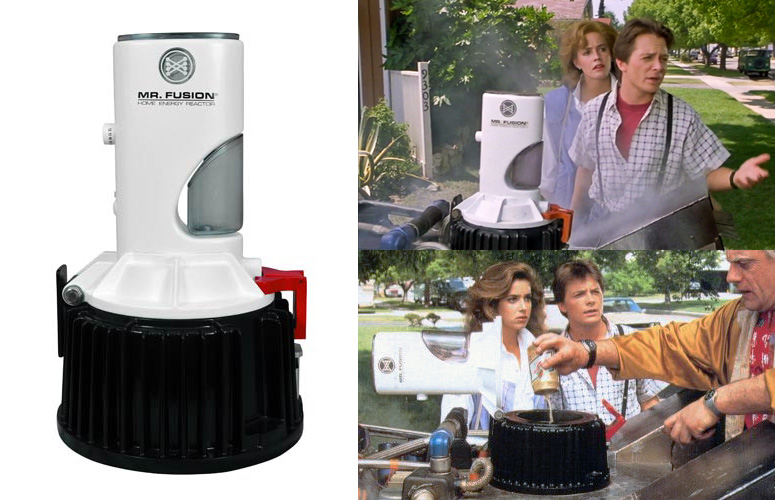Gabe n Em
Guru
up for discussion today:
Pod drive Cruise 10.0 fixed pod for motorboats / sailboats
And what are your thoughts of this vs the elco inboard motors?
It takes a lot of juice but it's a cool new doo-dad. If you put "twins" in, you'd have more than enough power for a 30 something foot FD boat. how many batteries would you need though for a day of cruising......?
Pod drive Cruise 10.0 fixed pod for motorboats / sailboats
And what are your thoughts of this vs the elco inboard motors?
It takes a lot of juice but it's a cool new doo-dad. If you put "twins" in, you'd have more than enough power for a 30 something foot FD boat. how many batteries would you need though for a day of cruising......?





